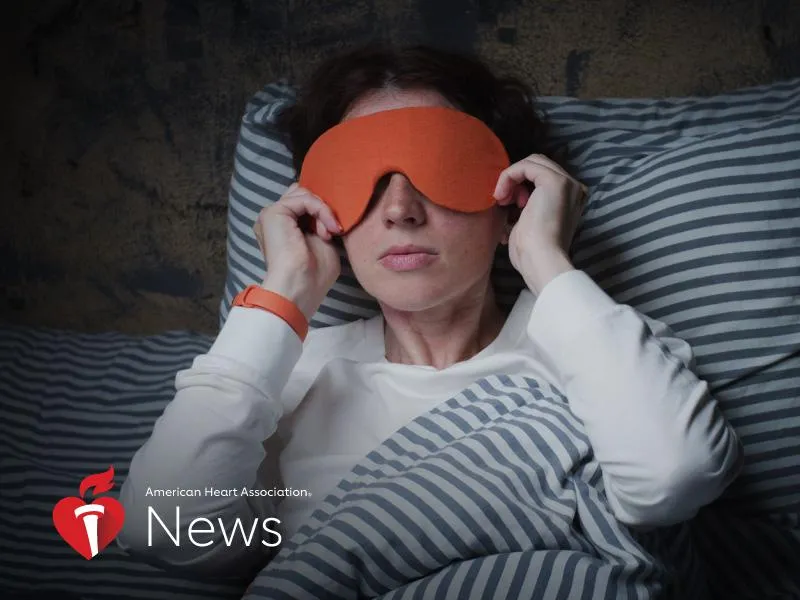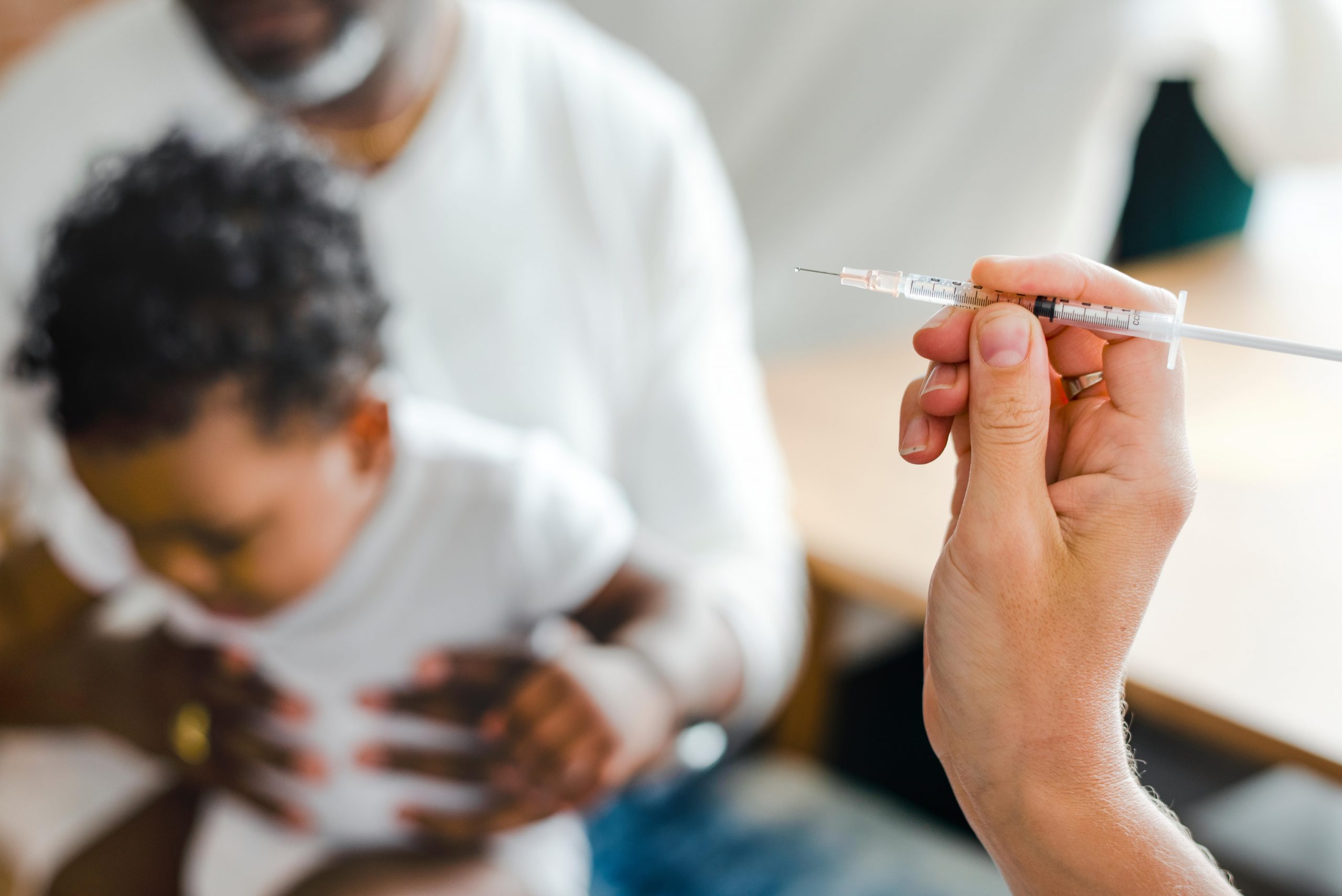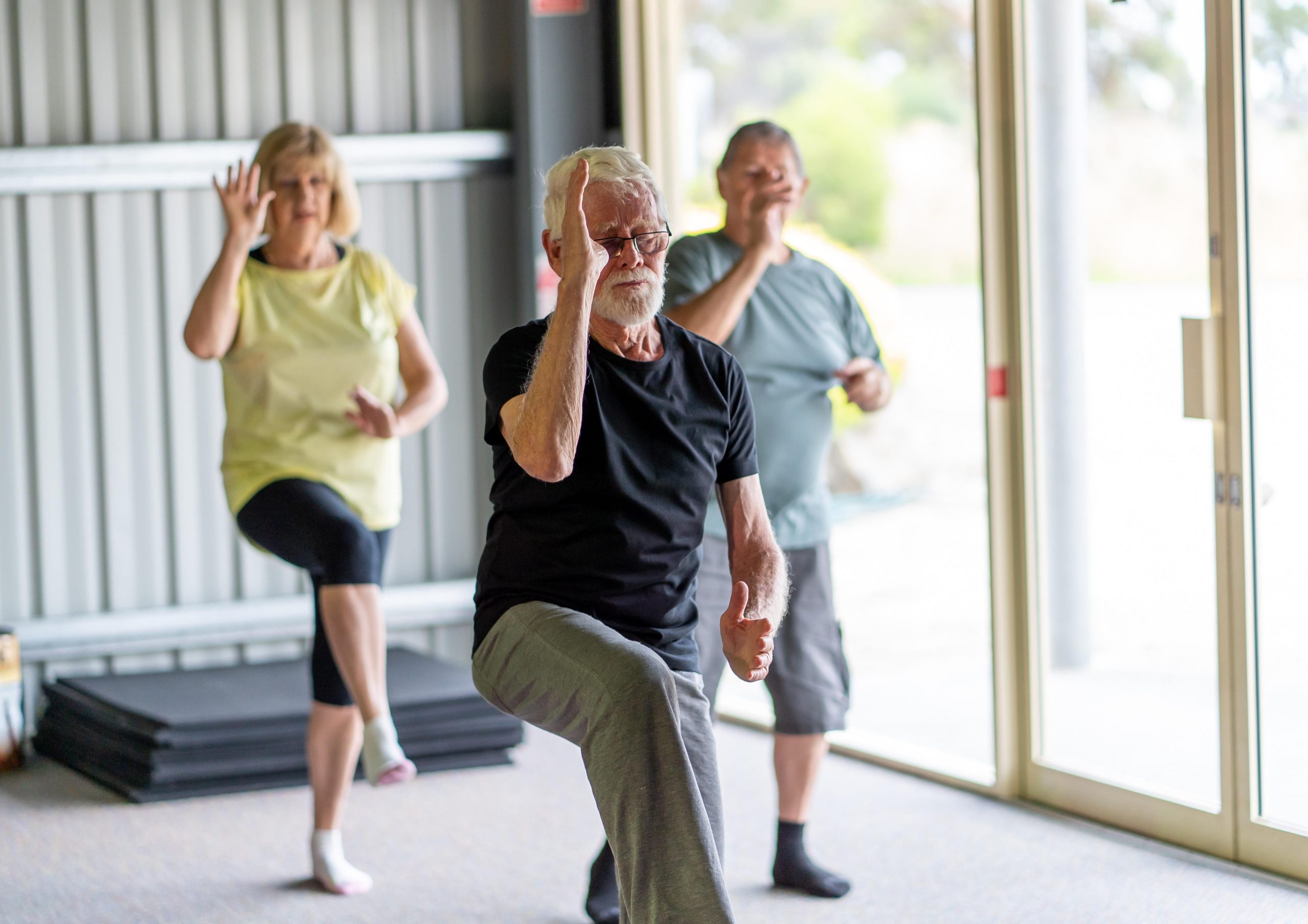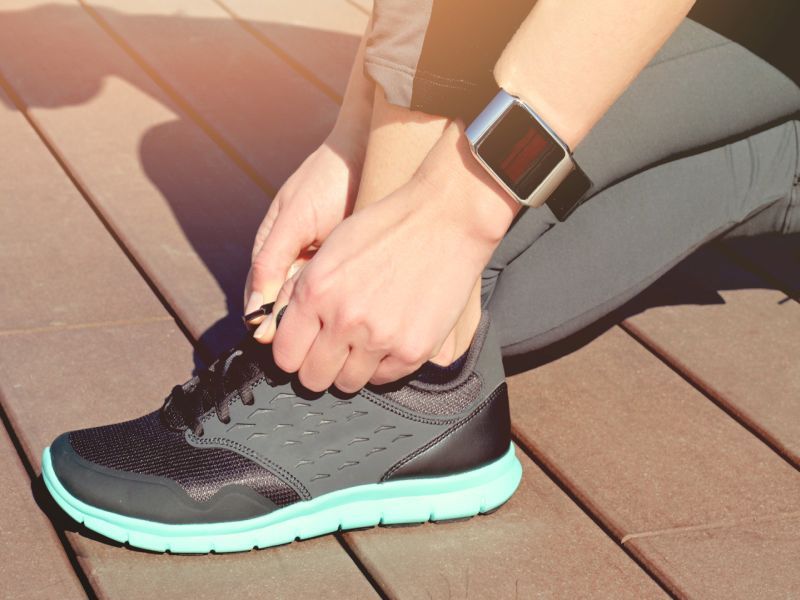
Living next to nature may improve the function of little lungs. Researchers studying kids’ exposure to green space found that those who had vegetation near their homes in the first 10 years of life performed better on a test of lung function than those who did not live near nature. “Our research suggests the greener,… read on > read on >


















